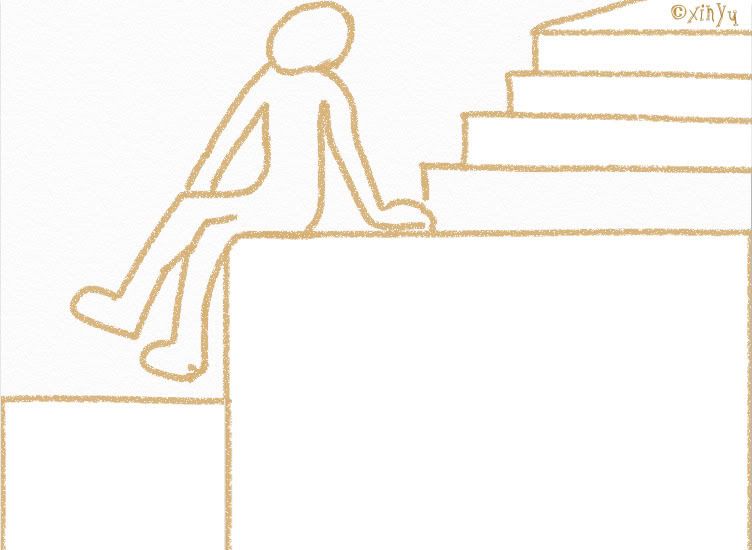Pre-school education is what I would consider as the first step in formalising a child's education. It gives the child a sense of appreciation of a relatively structured programme which incorporates both work and play and more so a sense of understanding on inter-social relationship skills. This idea of incorporating free play in children to adapt the environment to allow the child to fulfill his greatest potential stems from the teachings of Maria Montessori in her philosophy towards pre-school education.
Pre-school education should go beyond the learning of ABCs and 123s. Neither should it also be under-emphasised when compared with Primary education. In fact, pre-school education is so called pre-school is primarily because pre-school education serves as a prelude to the formal primary education that a child will undertake subsequently after pre-school. Therefore, the idea that pre-school education is of less or more importance than the primary education is of no question to even begin with.
Lower-income families are given subsidies for their children to attend pre-school education at the ubiquitous PAP kindergartens which, in my own opinion, does not provide a comprehensive pre-school education when compared to other privately-run kindergartens which adopts the philosophy of Maria Montessori because of its rigid learning structure and over-emphasised on rote-learning. This difference in teaching is primarily because of first, an undefined pre-school education syllabus, and second, a lack of funding by the government to fine-tune the pre-school education system and third, the government support to address the issue of the calibre of pre-school teachers.
When we look at the available pre-schools in Singapore, we can only lament on the somewhat abysmal programmes that many kindergartens provide primarily because of the absence of a syllabus for pre-school education. Often times, kindergartens run their own programmes and make adjustments to them based on the management and teachers' own personal understanding of the primary one or even primary two syllabus that mainstream schools have to adopt. This understanding varies with each kindergarten and thus may eventually or perhaps is currently producing children who have a different depth in their foundation in Language and Mathematics. This will therefore translate to difficulty in the teaching of primary one and two pupils because of such a wide spectrum of foundation in the Language and Mathematics. It is therefore no surprise, that primary schools these days will want to conduct a placement test prior to class allocation for would-be primary one pupils and will rather band the pupils according to either their results or their weak subjects to be able to cater for them a more compatible and robust education programme that addresses their weak areas and allows them to be stretched to their maximum.
The role of kindergartens today is somewhat different from before. Then, kindergartens were not emphasised in our local context primarily because then parents failed to recognise the importance of a pre-school education and more so there was a general lack of emphasis on a pre-school education in the context of our society. The idea of sending children to kindergartens then was more of a child-care centre which allowed parents to have their children taken care of while parents go to work. However, in today's context, kindergartens do more than just becoming a child-care centre. Kindergartens are seen by parents as a competitive tool to allow their children to have an early head-start in formal education. It is therefore because of this competition that perhaps a re-look at the structure of pre-school is long overdue.
What makes a programme successful is the receptivity towards the programme by the audience. In pre-school, the entertainer is the teacher while the audience are the pre-schoolers. In order to make the pre-school programme that the kindergarten adopts a success, the teachers hired have to first be adept in the programme and second, have the necessary pre-requisites to handle the children of that age.
Pre-school, in my definition, should be one that encourages the children to have the opportunity to explore, to be inquisitive, to be imaginative and to play. With the necessary allocation of funds by the government, I believe that pre-school education here in Singapore can be revamped and fine-tuned.
